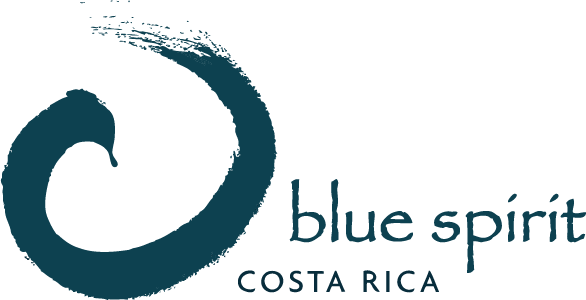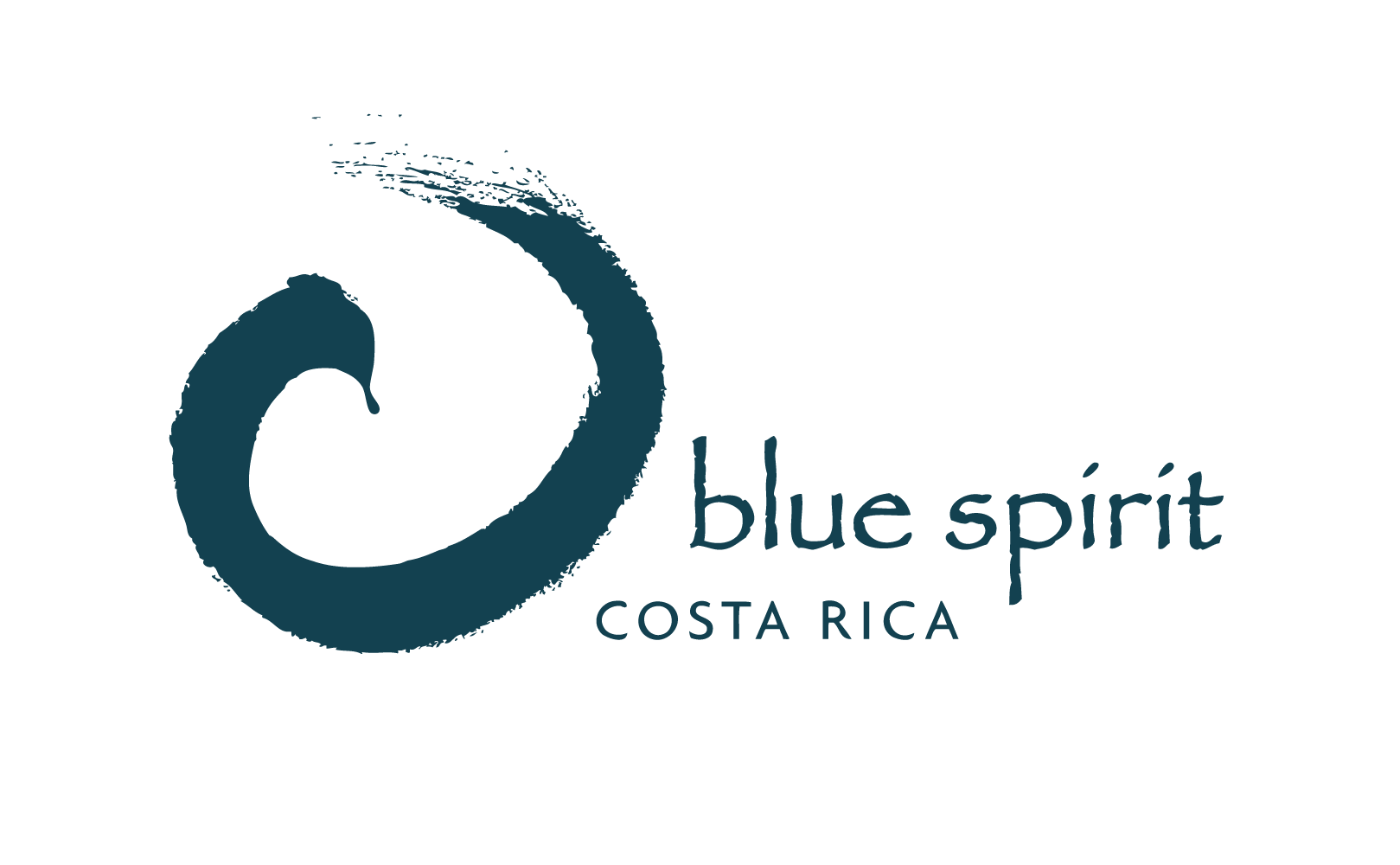Richard C. Schwartz, Ph.D.
Richard C. Schwartz, Ph.D. will teach during the Wisdom and Wellbeing Weeks 2024 about the following topics:
Multi-Faculty Week
Trauma & The Internal Family Systems Model
Developed over the past four decades, the Internal Family Systems (IFS) model offers both a conceptual umbrella under which various practices and different approaches can be grounded and guided and a set of original techniques for creating safety and fostering Self-to-Self connection in couples and families. This presentation will provide the viewer with basic information about the model and its effect on trauma.
For more information on IFS, please visit our website at https://ifs-institute.com/.
The current environment and what is impacting people worldwide:
• COVID – both as a medical concern as well as a psychological concern
• The US election – from both a governing and a peacekeeping perspective
Keywords and Terms:
• Exile – a part that experienced trauma and is frozen in time. It may be young but does not necessarily need to be, though it is vulnerable and often feels tender or sensitive. It carries burdens and can be overwhelming in extreme states, leading to deep feelings of danger.
• Firefighter – these parts deal with the emergency of the Exile being triggered. They work to protect the Exile at all costs, often leading to dissociation or addiction in some form. The Firefighter is activated immediately after the Exile is triggered and works to mitigate the bad feelings.
• Critic – this part works to terminate the Firefighter activity and often imparts shame on the Exile for allowing the Firefighter to engage in a protective activity. This is especially true when the Firefighter has triggered others, or if the ‘escape’ is behavior that goes against social, spiritual, or familial norms. The Critic follows the Firefighter and works to mitigate the perceived harm from protective activities.
• Manager – both the Firefighter and the Critic are managers, working to protect and prevent additional fear, burden, and shame.
• Three-Part Cycle – the sequence that parts engage in as they go through the trauma and addiction scenario.
Key Points to Remember:
• The natural state of the mind is to have several parts.
• When parts work in harmony, the Self leads.
• The Self is beneath the surface of the parts and cannot be damaged or destroyed.
• The Self is in everyone and knows how to heal from trauma.
• Parts play roles that they do not necessarily want to play, and with integration, they can disengage from Manager jobs.
• It is important to have compassion and curiosity when dealing with all parts.
• When working with trauma, do not begin with Exiles. Ask permission from Managers and Firefighters to access those vulnerable, younger parts. In other words, “We go to these Protectors not expecting them to change until what they protect has been healed or changed.”
• Self is an active leader, and when integrated, it embodies the 8 C’s – Calm, Connection, Compassion, Creativity, Clarity, Curiosity, Confidence, and Coura
INTENSIVE WEEK
During week 8, March 2 – 9, 2024, you will have an in-depth workshop with Richard C. Schwartz, Ph.D. & Jeanne Catanzaro, Ph.D. Enjoy a rich schedule with classes during the day and head to the beach in your free time.
Trauma and Releasing Personal & Legacy Burdens IFS Model
The workshop will provide a brief review of the basics of the IFS model by Richard Schwartz, PhD, who developed the model, then will focus in detail on its use with attachment and trauma. IFS is a non-pathologizing, hopeful framework within which to practice psychotherapy now certified as an evidence-based practice by SAMHSA. IFS offers both a conceptual umbrella under which a variety of practices and different approaches can be grounded and guided, and a set of original techniques for creating safety and fostering Self-to-Self connection in individuals, couples and families.
The workshop will focus on helping clients release personal burdens related to traumatic experiences in their lives. An overview of the clinical applications of IFS in trauma work will be presented. You will learn through didactic teaching, interactive dialogue, demonstration and live interviews.
More about Richard
Richard Schwartz began his career as a family therapist and an academic at the University of Illinois at Chicago. There he discovered that family therapy alone did not achieve full symptom relief and in asking patients why, he learned that they were plagued by what they called “parts.” These patients became his teachers as they described how their parts formed networks of inner relationship that resembled the families he had been working with. He also found that as they focused on and, thereby, separated from their parts, they would shift into a state characterized by qualities like curiosity, calm, confidence and compassion. He called that inner essence the Self and was amazed to find it even in severely diagnosed and traumatized patients. From these explorations the Internal Family Systems (IFS) model was born in the early 1980s.
IFS is now evidence-based and has become a widely-used form of psychotherapy, particularly with trauma. It provides a non-pathologizing, optimistic, and empowering perspective and a practical and effective set of techniques for working with individuals, couples, families, and more recently, corporations and classrooms.
In 2013 Schwartz left the Chicago area and now lives in Brookline, MA where he is on the faculty of the Department of Psychiatry at Harvard Medical School.
List of Books:
https://ifs-institute.com/store/category/11/author/4
Featured Articles:
https://ifs-institute.com/resources/articles/evolution-internal-family-systems-model-dr-richard-schwartz-ph-d
https://ifs-institute.com/resources/articles/larger-self



